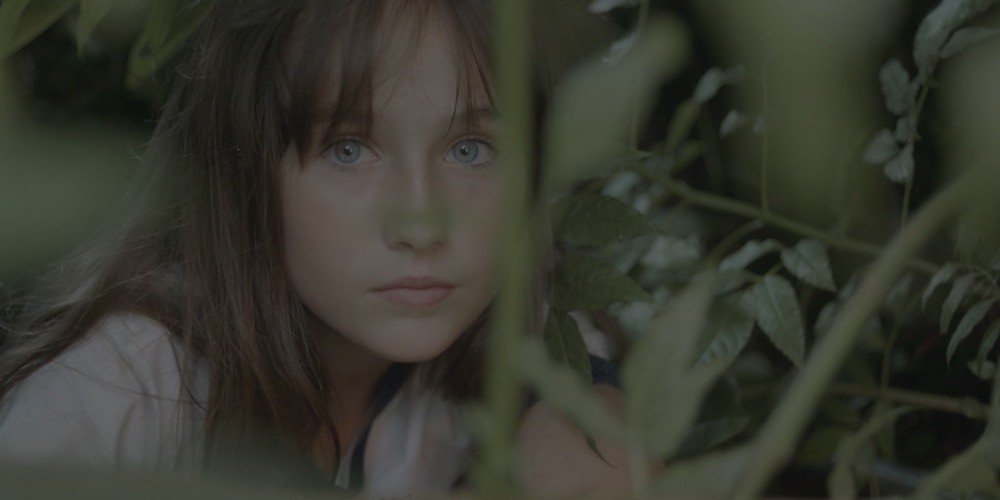Busca Vida Filmes is an independent Brazilian production company founded by Petra Costa, committed to an author-driven cinema that listens to the urgencies of our time.
Marked by a deep exploration of trauma, love, and the feminine gaze, our films transform intimate experiences into narratives that echo across social, historical, and political landscapes. Works such as Elena, The Edge of Democracy, and Tropical Apocalypse reflect an ethics of presence — where personal pain acquires collective meaning, and tenderness becomes a form of resistance.
Rooted in a conscious feminist perspective, Busca Vida challenges colonial and patriarchal structures, embracing risk, doubt, and radical openness. In a world of polarization, silencing, and simplification, we stand as a space for invention and empathy — where cinema becomes a poetic and political act of remembering, imagining, and healing.
We support filmmakers who push the boundaries of traditional cinema and dare to tell stories that are both fragile and fierce. At a time of democratic backsliding and symbolic collapse, Busca Vida offers a platform for voices that seek not certainty, but connection — not formulas, but courage, care, and deep listening.

Petra Costa
Petra is the creative force behind the aesthetic and ethical identity of Busca Vida. Her films — deeply personal and historically grounded — gave the company a singular voice in contemporary cinema. Since its inception, Busca Vida’s work has been shaped by three vital currents: trauma as an experience that fractures and reconfigures memory; love as an ethical gesture that resists the machinery of hate; and the feminine as a way of seeing and narrating the world with depth and complexity.

Elena (2012), her debut feature, became a landmark in Brazilian documentary for its poetic delicacy and innovative structure.

Olmo and the Seagull (2014), co-directed with Lea Glob, expanded this hybrid language between fiction and documentary, winning awards such as Best Documentary at Locarno Critics' Week and the Youth Jury Prize at the Rio International Film Festival.

With The Edge of Democracy (2019), Petra and Busca Vida brought Brazilian political cinema to a global audience. The film, nominated for an Academy Award for Best Documentary, was featured at Sundance, IDFA, and CPH:DOX, and sparked international debate for its intimate and unflinching portrait of Brazil’s democratic unraveling.

Apocalypse in the Tropics (2024) deepens Petra’s investigation into contemporary Brazil, tracing the entanglements between religion, political power, and the erosion of affection — always from a position of attentive listening to the tensions and silences that shape history.

Beyond her own films, Petra has produced Ecstasy (Moara Passoni, 2020), an intimate meditation on control and freedom; served as executive producer of Beba (Rebeca Huntt, 2021); associate producer of Babenco (Bárbara Paz, 2019); and co-producer of Lira Paulistana (Riba de Castro, 2012), a tribute to São Paulo’s cultural effervescence in the 1980s.





















